Overfishing Leads to a Grim Economic and Environmental Future in the Marine World
Published March 22 2023, 5:22 p.m. ET
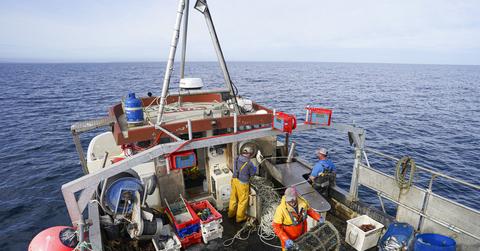
It seems we cannot keep environmental challenges at bay nowadays, including the ones at sea. Although fishing has been utilized for centuries, the rise of commercial fishing and a growing demand for seafood has subsequently harmed marine life. So, let's take a more detailed look at why overfishing is a problem.
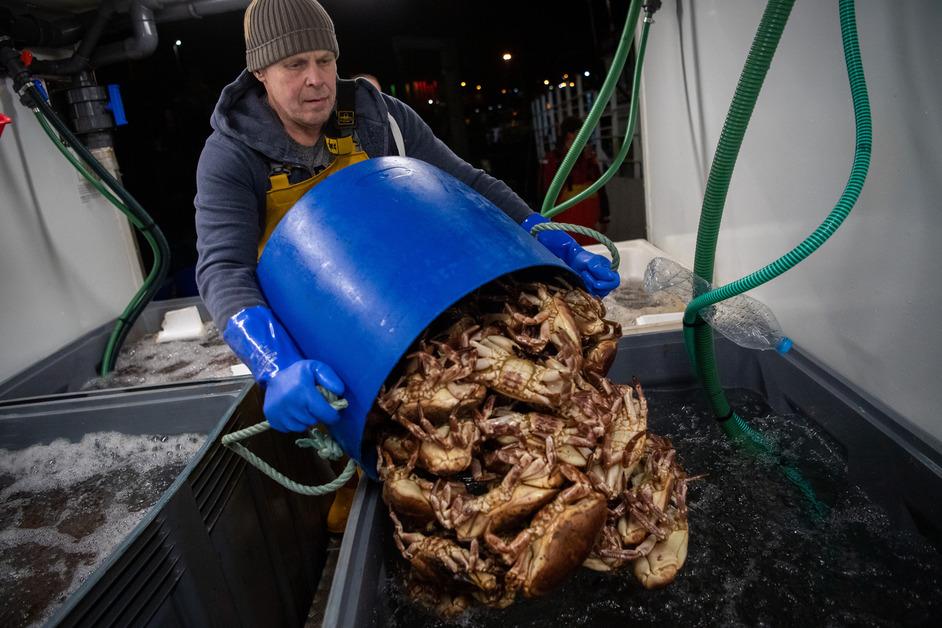
What is overfishing?
Overfishing refers to when fish are caught and killed faster than they can reproduce. According to the World Wildlife Fund, fisheries have pushed the limits of many marine species, and thus have created environmental imbalances, leading to extinction and food and economic insecurities.
The problem with overfishing:
A significant amount of overfishing and harm to marine life happens through bycatch. This is when fishermen accidentally capture non-desired species, such as turtles, dolphins, or birds, and dump them overboard — where they are often later injured or dead. Bycatch animals are left in a condition where they cannot reproduce, which is especially harmful to vulnerable or endangered species like sea turtles, or coral reefs, per the NOAA.
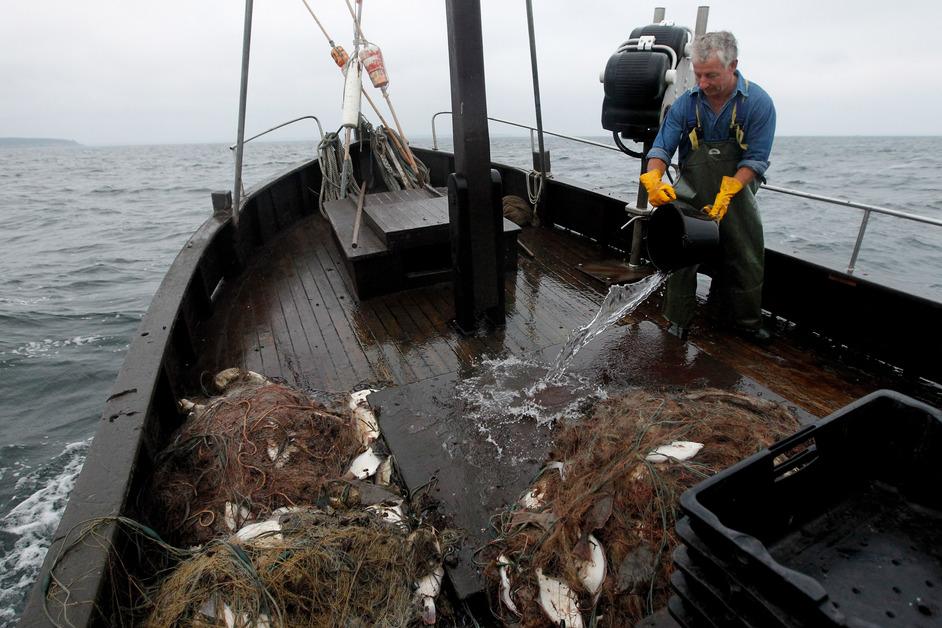
Aside from the massive decline in key fish species, marine biodiversity, and the overall ecosystem equilibrium that keeps vulnerable species alive, overfishing is an economic threat.
Although demand for fish continues to increase, the supply is not following. There are businesses and jobs all over the world that depend on a fishing stock that produces profit. The fishing industry is among the most highly traded food commodities in the world, valued at $362 billion as an industry. The economic effects of overfishing are especially dire for those living in developing communities that have relied on fishing for subsistence, per the World Wildlife Fund.
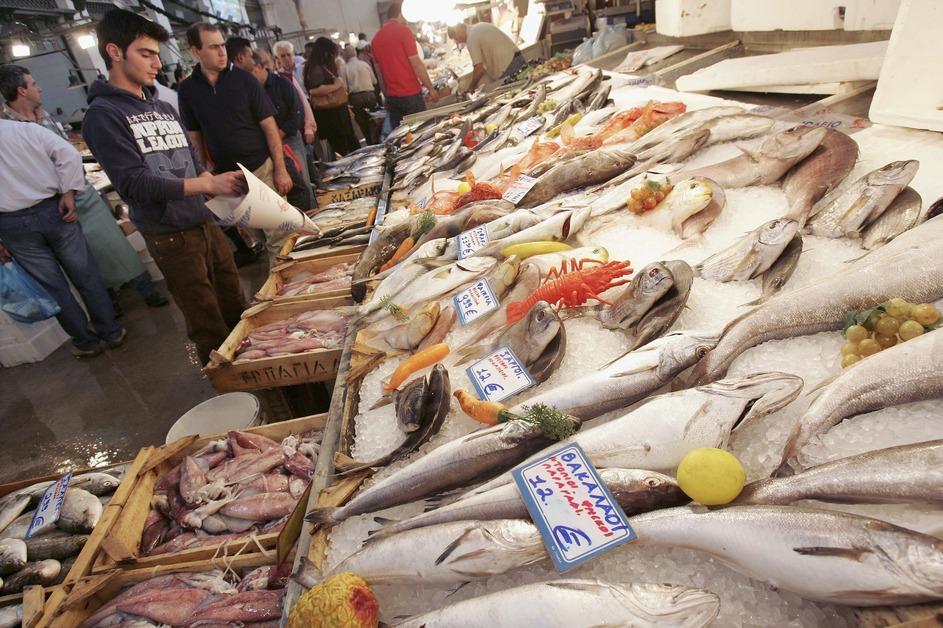
Overfishing hasn't always been a problem.
Although fishing has been practiced since prehistoric times, commercial and deep-sea fishing did not begin until the early sixteenth century and didn't really prosper as an industry until around the nineteenth century, per Alimentarium.
According to Brittanica, in the decades following World War II, fishing catch quadrupled globally, and by the 1970s, the first signs of overfishing appeared. Open sea fish, or pelagic fish, began to suffer population collapse, among them the northeast Atlantic herring, the South Atlantic pilchard, and the West African sardine.
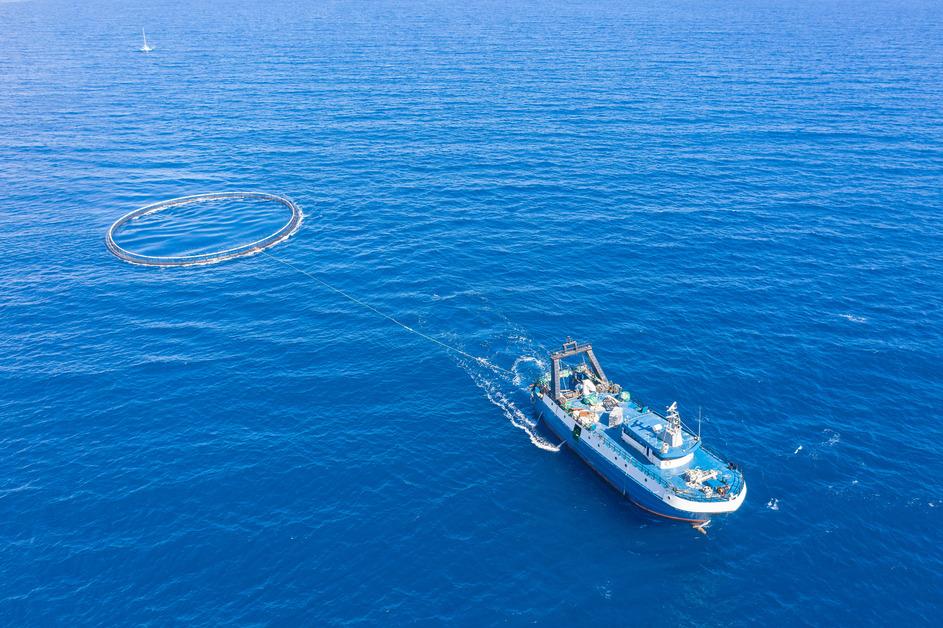
What is being done?
There are things that can be done to rebuild marine populations. According to Earth.org, banning fish subsidies, that facilitate and incentivize overfishing, is a major first step. In 2022 the World Trade Organization (WTO) introduced an agreement that put limits on fish subsidies for overfished stocks, and instead aimed to implement subsidies that are focused on rebuilding fish stock.
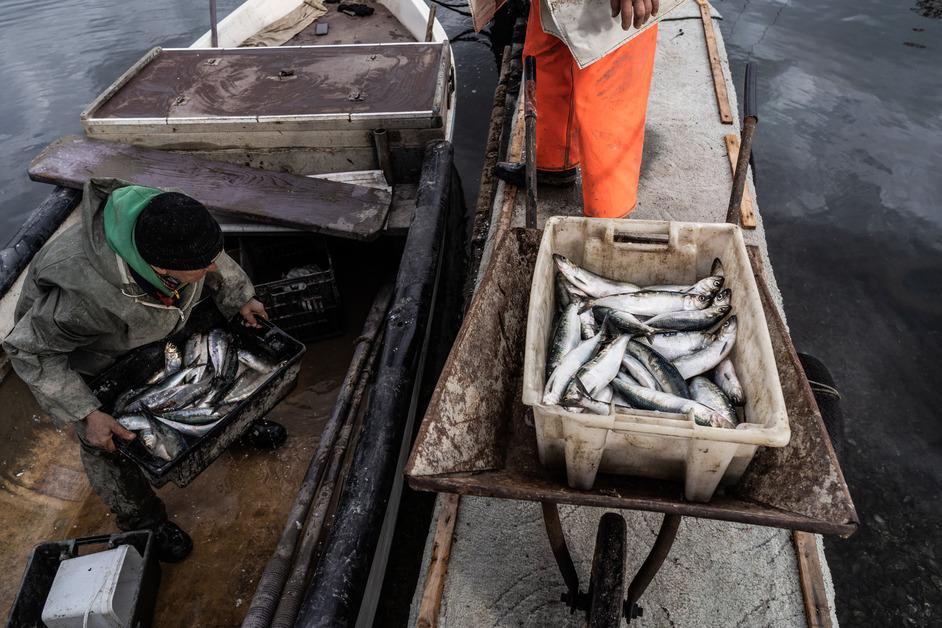
Another solution is to create more Marine Protected Areas, (MPAs) and harsher regulations on commercial fishing. Although MPAs do exist today, they only comprise a little over seven percent of the ocean, meaning most of the ocean is left unprotected. According to a journal article in the ICES Journal of Marine Science, creating more MPAs could be among the most effective solutions in reversing damages done to marine life.
Other solutions include improving the design of fishing nets to reduce bycatch, and more comprehensive assessments of marine areas to reduce the impact on keystone species, per Earth.org.